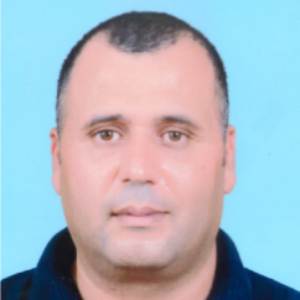Title : Reuse of gas-to-liquid sludge to promote fiber crop cultivation under extreme desert conditions
Abstract:
The limitation in conventional agriculture in Qatar is mainly due to challenges related to desert pedo-climatic conditions including short field cultivation period, prolonged hot season, limited rainfall, and depleted soils. Gas-to-liquid (GTL) sludge, a less common nutrient-rich by-product of GTL wastewater treatment process, could be considered as an organic amendment for improving the properties of depleted soils. In addition, growing non-food crops using alternative organic materials is a sustainable recycling pathway to prevent landfilling and contamination risks. In this study, four soil treatments were considered for cotton cultivation (Gossypium hirsutum var. MAY 344) under open field conditions of Qatar. These treatments include the use of chemical fertilizers, cow manure compost, and GTL sludge added to soil at 1.5% and 3%. Overall, GTL sludge application promoted plant development and cotton yield compared to conventional amendments. In this regard, there was a dose-dependent enhancement of soil fertility parameters and cotton cumulative fiber yield (4.68 and 5.67 t/ha for BS 1.5% and BS 3%, respectively). However, the produced fiber quality was likely to be more dependent on the selected cotton variety and prevailing climate conditions rather than soil enhancement. In this regard, the produced cotton fibers were characterized by high maturity and reflectance (whiteness) rates as well as acceptable strength. On the other hand, the adverse environmental effects generally related to wastewater sludge reuse were not significant in this study. Detected heavy metal concentrations in soil at the end of cultivation cycle were within the acceptable limits, which do not pose an environmental issue under the described experimental conditions. Bacteriological contamination with pathogens did not occur since GTL sludge does not originate from sewage. Leachate analysis showed no risks for groundwater contamination for the addressed parameters as well.
Audience Take Away:
- Cotton production could be possible under the extreme hot desert conditions
- GTL sludge has a high fertilizing potential
- Cotton quality seems more related to selected varieties rather than cultivation conditions
- Fiber crop cultivation could be a sustainable solution for sludge recycling



